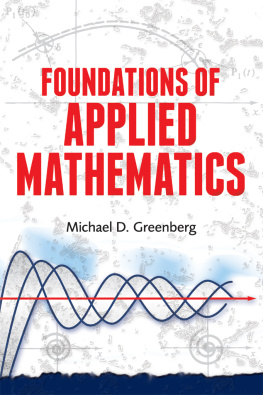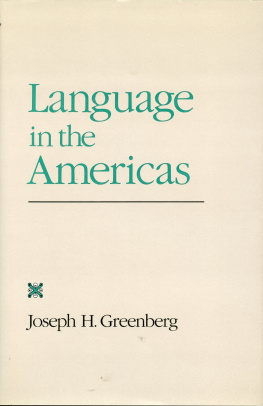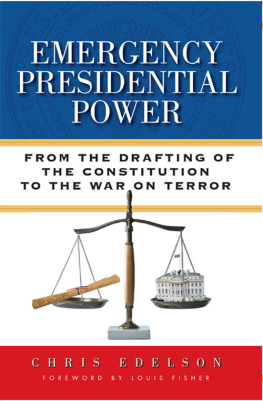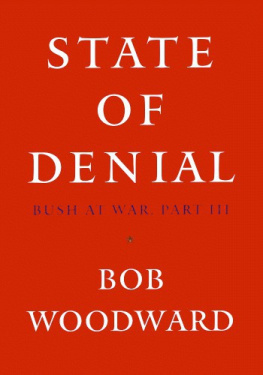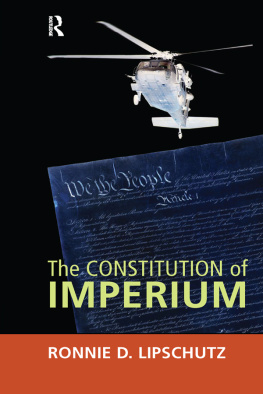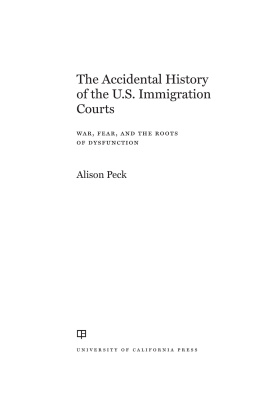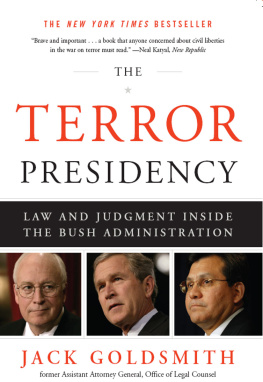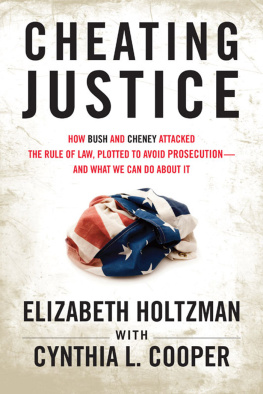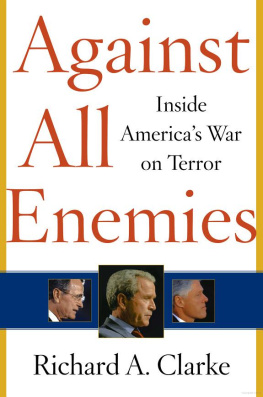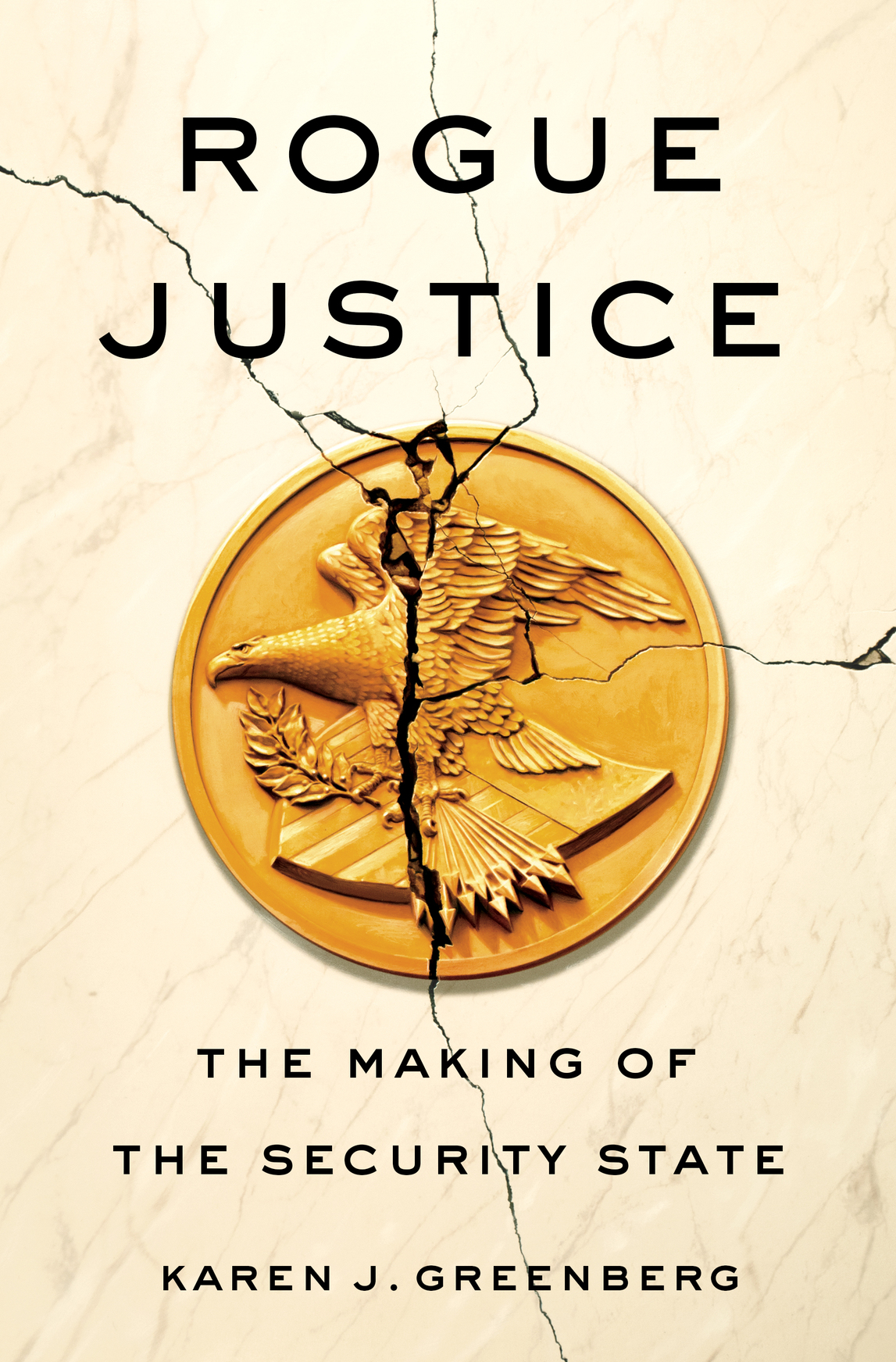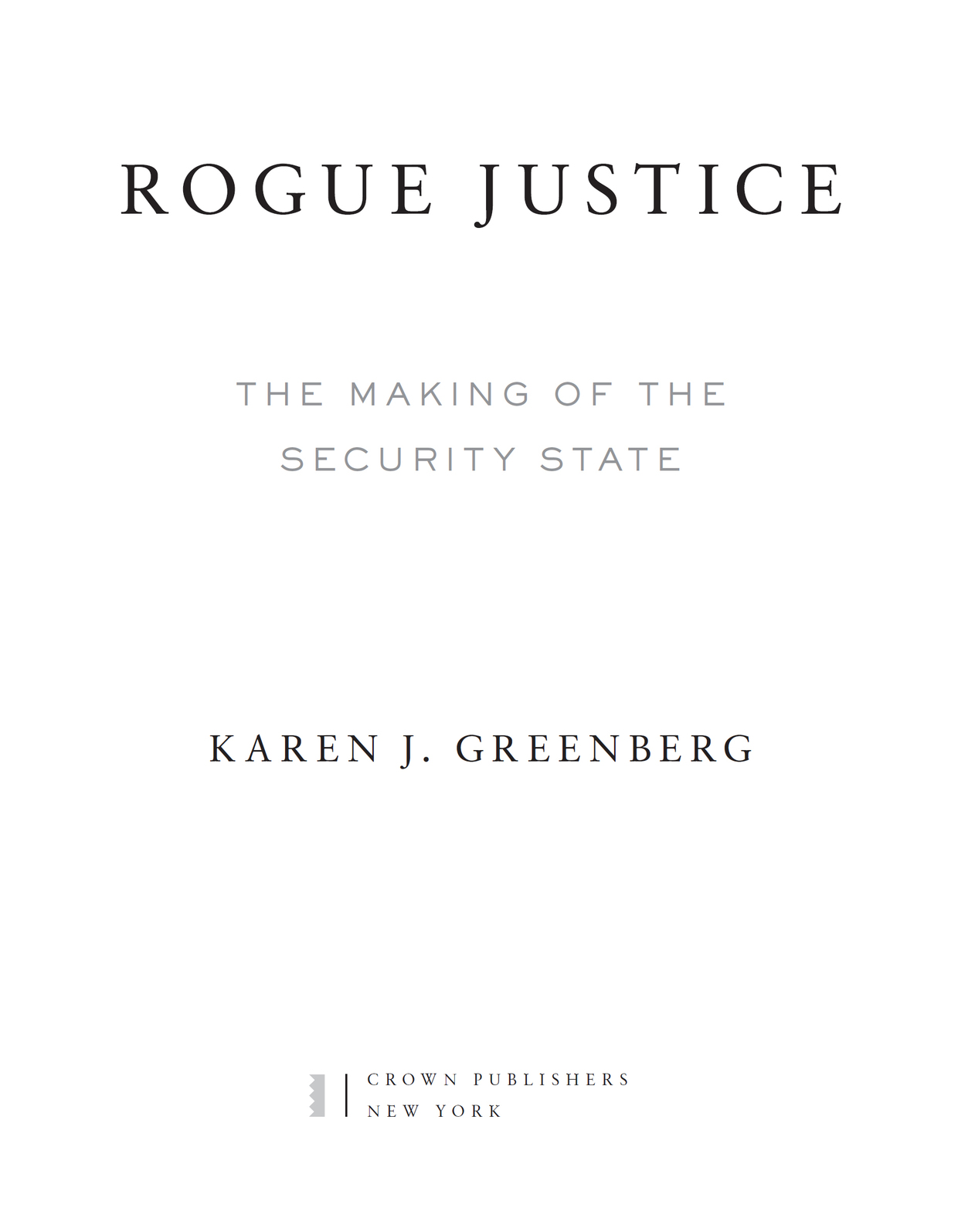All rights reserved.
Published in the United States by Crown, an imprint of the Crown Publishing Group, a division of Penguin Random House LLC, New York.
CROWN is a registered trademark and the Crown colophon is a trademark of Penguin Random House LLC.
Names: Greenberg, Karen J., author.
Title: Rogue justice : the making of the security state / Karen J. Greenberg.
Description: First edition. | New York : Crown Publishers, 2016. | Includes bibliographical references. | Description based on print version record and CIP data provided by publisher; resource not viewed.
Identifiers: LCCN 2016001224 (print) | LCCN 2015041144 (ebook) | ISBN 9780804138222 (ebook) | ISBN 9780804138215 (hardback)
Subjects: LCSH: Criminal justice, Administration ofPolitical aspectsUnited States. | National securityLaw and legislationUnited States. | Civil rightsUnited States. | Political questions and judicial powerUnited States. | War on Terrorism, 20012009Political aspectsUnited States. | Human rightsGovernment policyUnited States. | Detention of personsUnited States. | Internal securityUnited States. | United StatesPolitics and government20012009. | United StatesPolitics and government2009 | BISAC: POLITICAL SCIENCE / Political Freedom & Security / Intelligence. | POLITICAL SCIENCE / Government / Executive Branch. | POLITICAL SCIENCE / Political Freedom & Security / Terrorism.
Classification: LCC KF9223 (print) | LCC KF9223 .G74 2016 (ebook) | DDC 364.973dc23
INTRODUCTION
For a man who had just suffered one of the biggest losses of his professional life, Attorney General Eric Holder seemed anything but chastened. He might not have had his bosss gift for soaring rhetoric, but as he stood at the Department of Justice podium on April 4, 2011, his anger was palpable and his meaning clear: the decision he was announcingto turn over prosecution of Khalid Shaikh Mohammed and four other conspirators in the September 11 attacks to the Department of Defensewas not one he had made willingly.
Just a year and a half earlier, from the same podium, he had told the country that the men would be tried in federal court in Manhattan, less than a mile from ground zero. The venue, Holder argued at the time, would be a testament to Americas pride and trust in the rule of law and the American courts. I am confident, he said, that our justice system would have performed with the same distinction that has been its hallmark for over two hundred years. But members of Congress, determined to show their constituents just how tough on terrorism they were, had thwarted Holder by passing a law prohibiting the Department of Justice from bringing any Guantnamo detainees onto American soil for prosecution or imprisonment. Since the law required their presence, trials could not go forward; military commissions, cobbled-together boards that operated offshore and under looser rules and regulations than those required in the civilian federal courts, were the only remaining option. Years of labor by his prosecutorssome of the most dedicated and patriotic Americans I have ever encountered, Holder saidhad gone up in the smoke of political posturing.
The prohibition was unwise on its face. After all, Holder said, members of Congress simply do not have access to the evidencenecessary to make prosecution judgments. Federal prosecutors had convicted and imprisoned hundreds of terrorists since September 11cases that aided in intelligence collection even as they incapacitated the convicted. In passing the law, Congress had taken one of the nations most tested counterterrorism tools off the table. But there were bigger issues at stake. Under the Constitution, Holder pointed out, decisions about who, where, and how to prosecute have always beenand must remainthe responsibility of the executive branch. And perhaps worst of all, by calling into question the ability of lawyers and courts to bring the terrorists to justice, Congress had tarnished the shining jewel of American democracy, a court system that has distinguished this nation throughout its history.
Holders decision to abandon the federal prosecution was a capitulation to forces that had been gathering in Washington, DC, even before the capture of the 9/11 terrorism defendants. The threat was so dire, the situation so precarious, and the stakes so high that transparency and due process and the other staples of American democracy would have to take a backseat to the war on terror. Politicians, lawyers, and bureaucrats had been working hard to counter the terrorist threat by going right to the edge of the law and, when the law proved too restrictive, by massaging its boundaries to include the measures they wanted to take. The rationale for subverting the rule of law had been established almost immediately by Vice President Dick Cheney, who just five days after the attacks told Meet the Press host Tim Russert that counterterrorism efforts would require the use of any means at our disposal. The country would have to work the dark side, he said.
By the time of Holders about-face, many of the results of the Cheney doctrine were well known. Torture had been sanctioned at the highest levels of government. Indefinite detention, even for Americans, had been embraced as essential to the nations security. An offshore prison had been created to bypass the protections of the rule of law. Mass warrantless surveillance had been used against Americans who were not suspected of criminal behavior. And overseas assassinations of terrorism suspects, including at least one American citizen, had been launched. Compared to these spectacular transgressions, Holders announcement was tame, its stakes low. But it captured something of vital importance: it is the quiet decisions, the individual judicial rulings and laws and executive ordersgenerally fashioned by well-meaning people, often in the plain light of day but overlooked for their homeliness, their implications lost in the weeds of their small detailsthat make possible the fiascoes, the follies, and the excesses that turn governments into the enemies of their constituents. For every Cheney mongering fear and nurturing paranoia, there are many officials quietly going about their businessdrafting legislation, writing legal opinions, arguing in courtthinking they are doing the right thing but failing to grasp that in their wish to protect the country, they are in fact betraying it. And in no part of government has that betrayal by accretion, the death of liberty by a thousand cuts, been more momentous, or more disturbing, than in the institutions of justicethe courts, the laws, and the Justice Department.
There is perhaps no sentiment more American than the suspicion of governmental power. From the time Jefferson declared King George III the enemy of life, liberty, and equality, American law and justice have attempted to embody Aristotles notion of a society where laws existed free from passion. A country of laws, not of men, as John Adams put it, was designed to replace the arbitrary determinations of kings and priests. This native distrust of governmental authority has dominated our politics and political culture since the founding period. Underlying it is a certainty that a government unchecked will inevitably turn into a tyranny. A government restrained by laws that follow logically from unswerving principles to which the governed had consented and which were then enforced fairly and uniformly was our best hope for preserving order, securing freedom, and upholding justice. The rule of law was our best protection from tyranny.


